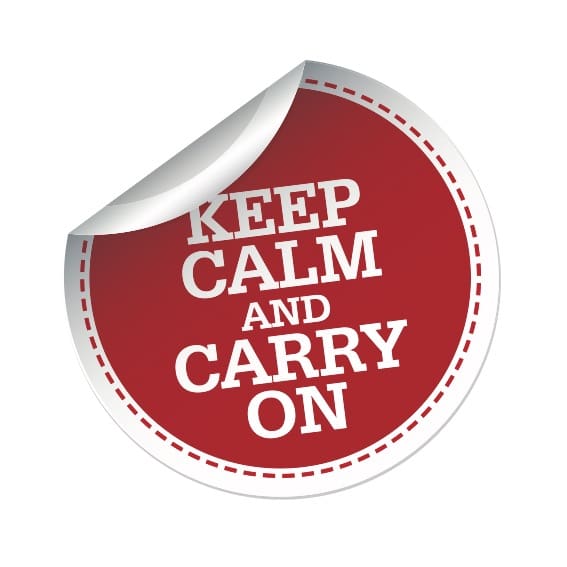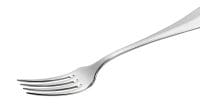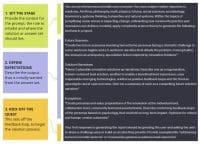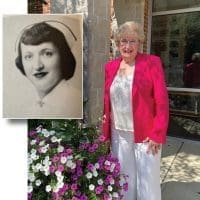Slogans are terse and memorable phrases typically associated with political campaigns and advertising. They’re the progeny of aphorism and axioms. Some of these catchphrases have become such a part of everyday lingo that we “just do it” without even thinking. They not only talk in our heads, they sing unsummoned. Depending on your age, you might know the provenance of these epigrammatic slogans:
It’s 10 o’clock, do you know where your children are?
It’s the real thing.
That was easy.
Don’t leave home without it.
You’re in good hands.
Looking at the above shortlist of famous slogans, it’s not hard to spot that these admonitions can easily be invoked as a bolus dose of advice, or a “push” of inspiration when clinicians are facing the quotidian crisis at work. My personal favorite is “keep calm and carry on.” Aimed at boosting the morale of British citizens during World War II, this motivational slogan was actually never used. With a stoic undertone, and a nod to the British stiff upper lip, the slogan remains in vogue since its rediscovery in 2000. It’s sound advice for any nursing predicament, from bed bath and beyond. Staying calm and caring is a peaceful resolve, and a good philosophy in problem solving.
A word in your ear
The pandemic has tested our patience and fortitude as clinicians and citizens. Outside the context of a global health crisis, bedside nursing is fraught with salvos of situational dilemmas that can easily lead to nervous exhaustion. The essayist Pico Iyer sums it up this way, “Any idiot can face a crisis—it’s day to day living that wears you out.” If healthcare providers run the risk of burning out on a daily basis at work, I wonder if a regular dose of an uplifting slogan or a saying might help to reorient our moral compass? In other words, don’t leave home without it if you want to find your way back.
In the 1980s, when I was in nursing school in the Philippines, one of my favorite faculty members started the class with either a scriptural reading or a group recitation of the Lord’s Prayer. I think she kept this ritual based on the assumption that everyone was a Christian and biblical wisdom is universally good. I don’t recall anyone expressing dissent. Personally, I didn’t mind the practice because the prayerful pause gave me a sort of reset to a calm state before the lectures. And besides, I didn’t see anything wrong with a collective declaration to “forgive those who trespass against us.” Making mindful reflection using a positive quote or words of wisdom as part of our daily bread can be existentially nourishing.
Give and take advice
As a nursing faculty member, students come to me for advice concerning academic and career-related matters. Knowing that I’m also a nurse, some seek answers to a personal healthcare question (What do you think is causing my atrial fibrillation?). It’s flattering to know that young minds consider me as someone trusted to dispense counsel. Looking back to years of “advising,” I realize I may have become what psychologists call a conversational narcissist. Subconsciously or otherwise, I have sabotaged the conversation by making myself the focus of attention, and doing most of the talking. The advice I dispensed was heavily influenced by personal preferences and biases. I did too much talking when what was really called for was listening and perspective-taking.
There is a prevailing advice for healthcare workers to mentally sing the happy birthday tune while handwashing. The idea is that the celebratory tune will guarantee the CDC-recommended 20 seconds of handwashing. I have adopted the same remedy for those moments when I’m compelled to speak when I should be listening. When I cut-off someone who’s speaking, I double the dose by inwardly humming the happy birthday tune twice. Most of the time, I don’t really hear the song in my head, but the thought of it gives me pause to keep calm and listen.
The enchanting part of giving advice is that the advice becomes a shared wisdom by both parties. Hearing myself say, “Have you considered scheduling a dedicated study time?” to my student makes me weigh my own advice and motivates me to study the topics I teach. There is mutual benefit in giving advice. According to the organizational psychologist and New York Times writer Adam Grant, “Advising others doesn’t just help us make better decisions—it also leaves us more motivated to follow through.” One day, I’ll try this exercise, to ask my struggling students to give advice to a peer, and see if it will improve the former’s academic performance.
Keep caring
Nursing has been at a crossroads for some time now. The pandemic has made the many nursing intersections very congested with opposing priorities (the patient vs. the pocketbook). For some nurses, the fear of missing out leads to joyless careers (hint: comparison is a major cause of unhappiness). Some of the pressing issues, such as the nursing shortage, may never be solved. And this is the adverse effect of the profession’s utility and success—why stay at the bedside when you can make a difference somewhere else? As I’ve heard recently, the shortage isn’t in the number of nurses, but in the caring itself. It’s hard to care when the nurse’s mind and heart are pulled in many directions. Nursing education is in search of itself, and no one seems to know how to educate practice-ready new RN grads. No matter what, the faculty will continue to teach their best.
What advice would nurses give to their younger selves? Hard to say. But let’s start by staying calm and caring. A very good place to start.
 Fidelindo Lim is a Clinical Associate Professor at New York University Meyers College of Nursing
Fidelindo Lim is a Clinical Associate Professor at New York University Meyers College of Nursing


















